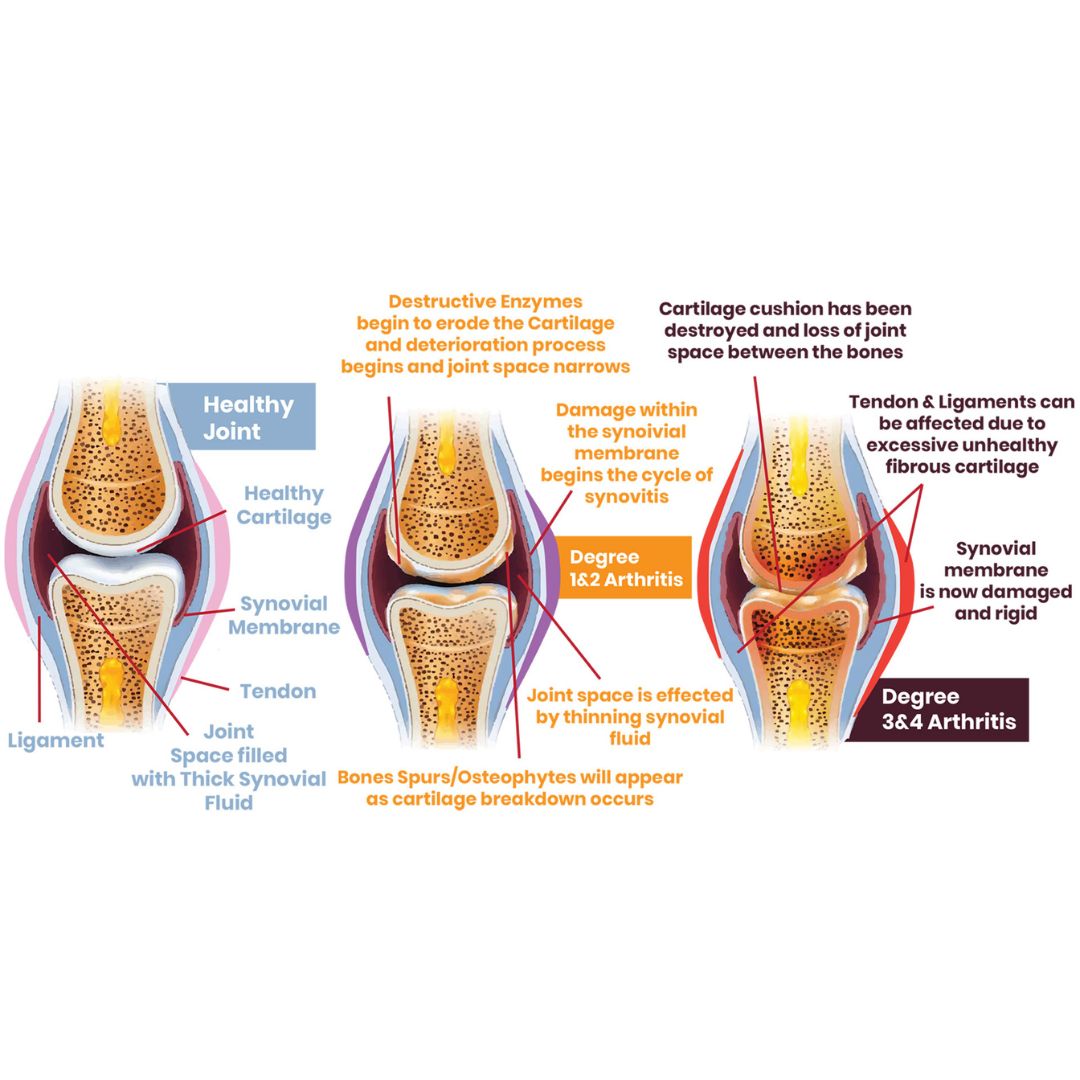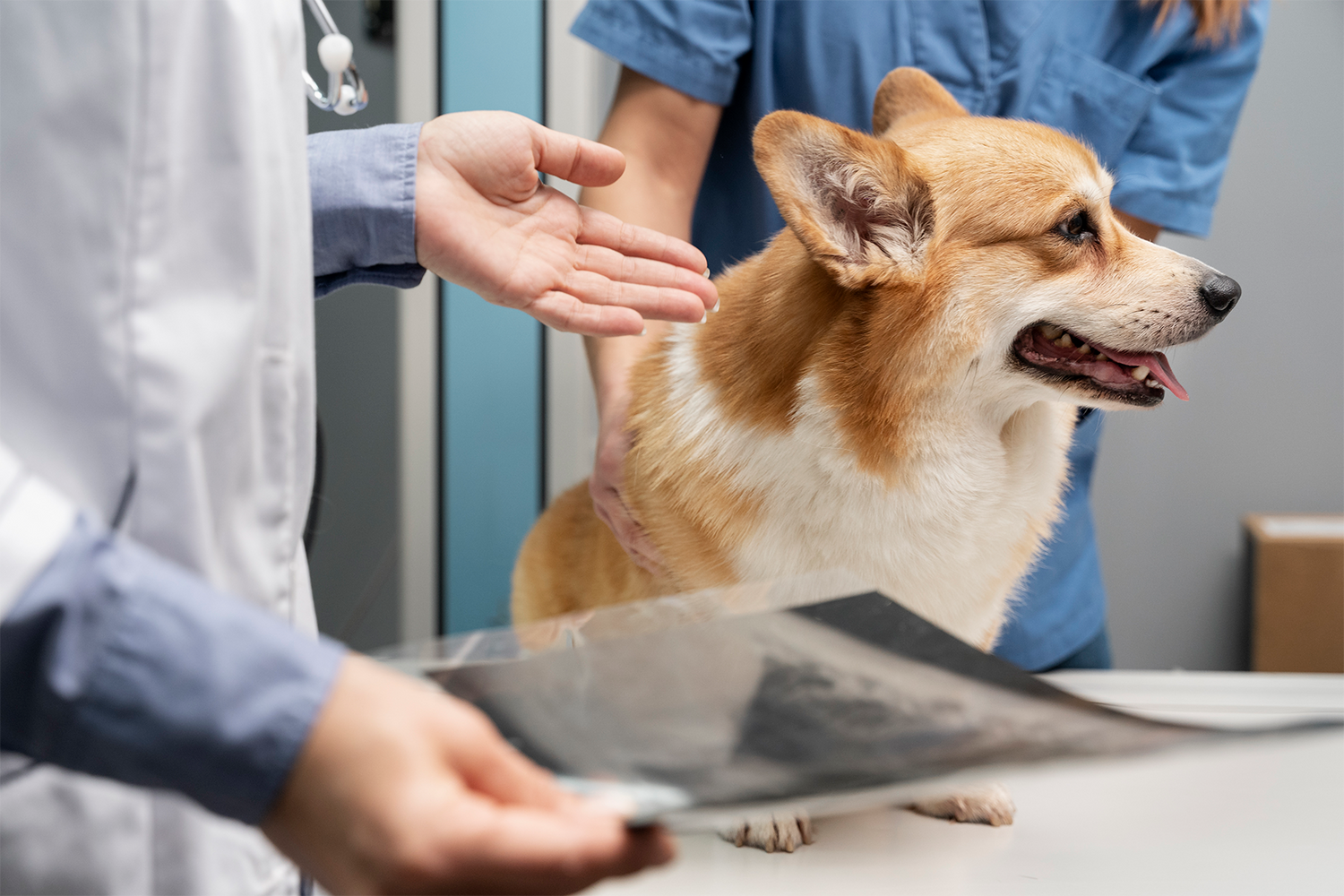Has a reoccurring winter lameness slowed your horse's performance down? No doubt about it chilly conditions take a toll on joint health. OptiWize can help optimize blood flow, reduce inflammation and help protect the oh so important precious cartilage between those joints. In the world of equine, livestock, and pet management, one aspect that often goes overlooked is the profound impact of cold weather on the joints of these animals. As caretakers, it is imperative that we delve into the intricacies of how cold weather affects the joints of livestock and what measures can be taken to ensure their well- being.

The Physiology of Joints in Cold Conditions
Adaptations to Cold
Animals, depending on the species, exhibit various adaptations to colder climates. However, even with these adaptations, their joints remain vulnerable to the harsh effects of cold temperatures. The cold weather can lead to stiffness and discomfort, affecting the overall mobility of the animals. One critical factor influenced by cold temperatures is blood circulation. Reduced blood flow to the joints can result in decreased nutrient supply, impacting the health of the joints. When exposed to cold weather, our horses, livestock, and pets may exhibit changes in mobility. This could include stiffness, difficulty walking, or a reluctance to move. Observing these signs promptly allows for early intervention to prevent further joint-related issues. Cold temperatures can contribute to joint inflammation and swelling in livestock. Regular inspections are crucial to identifying these symptoms early on, ensuring timely care to alleviate discomfort.
Effects of Extreme Cold on Animals with Arthritis
In the case of animals grappling with arthritis, the onset of cold weather poses a significant challenge, as it tends to exacerbate their existing condition. Arthritis, characterized by inflammation of the joints, becomes particularly pronounced in colder temperatures, thereby escalating the discomfort experienced by the affected animals. This heightened inflammation not only results in increased pain but also contributes to a reduction in mobility, making it crucial for caretakers to be especially vigilant during colder periods. To alleviate the impact of the cold on animals with arthritis, caretakers should implement additional measures, such as providing extra warmth through cozy bedding or heating sources, ensuring access to shelter to shield them from the cold elements, and closely monitoring their overall well-being to address any emerging issues promptly.
Best Practices for Protecting Livestock Joints in Cold Climates
Providing a Proper Joint Supplement
In order to optimize the well-being of our animals, it is advisable to maintain their consistent intake of a premium joint supplement to help keep them comfortable in colder weather. The impact of cold weather on animals can exacerbate stiffness and inflammation in their joints, making it imperative to address these issues proactively. OptiWize, a specialized joint supplement, is meticulously formulated to tackle these challenges comprehensively. OptiWize can help alleviate joint pain, stiffness or inflammation that is brought on by the colder weather. By integrating OptiWize into your animal's daily routine, you are providing them with a tailored solution designed to reduce joint pain, combat inflammation, and promote overall joint health. This proactive approach ensures that your beloved animal can continue to enjoy optimal comfort and well-being, regardless of the challenging weather conditions they may encounter.
Providing Adequate Shelter
To mitigate the impact of cold weather on livestock joints, ensuring access to proper shelter is paramount. Shelter not only shields animals from extreme temperatures but also helps maintain a conducive environment for joint health.
Regular Exercise and Movement
Regular exercise is not only beneficial for maintaining joint flexibility but also plays a vital role in overall health and well-being. It helps improve circulation, strengthen muscles, and contributes to a healthy weight. Additionally, creating environments that allow animals to move freely and engage in physical activities is essential for preventing stiffness, especially during colder weather.
Conclusion
In conclusion, understanding the nuances of how cold weather affects our animal’s joints is instrumental in providing top-notch care. By taking proactive measures and including OptiWize into your animal’s feed will have them get through this winter comfortably. By recognizing the signs of joint discomfort, implementing preventative measures, and adopting best practices, caretakers can ensure the well-being of their livestock even in challenging weather conditions.



